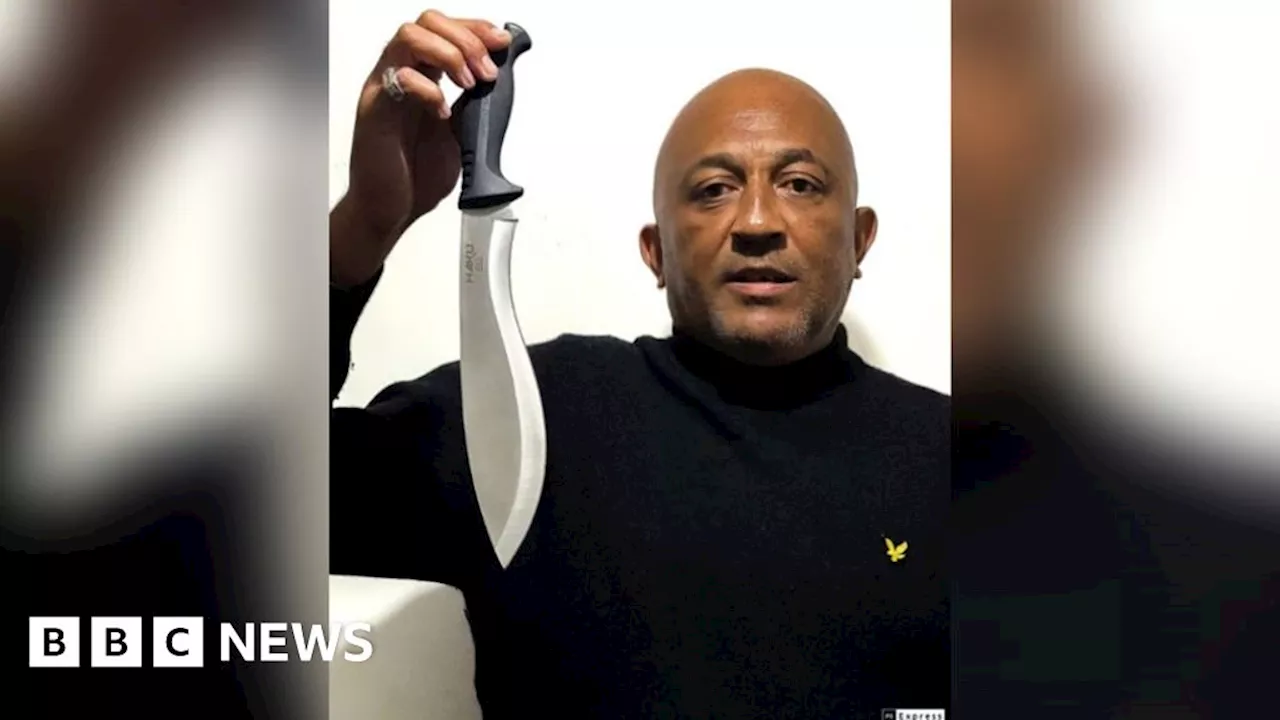The 1970s was the deadliest decade in the 'entire history of Bangladesh,' said environmental historian Iftekhar Iqbal
Reviewed by Danielle Ellis, B.Sc.Oct 24 2023 The 1970s was the deadliest decade in the "entire history of Bangladesh," said environmental historian Iftekhar Iqbal. A deadly cyclone, a bloody liberation war, and famine triggered waves of migration. As people moved throughout the country, smallpox spread with them.
Céline is senior fellow and editor-at-large for public health with KFF Health News. She is an infectious diseases physician and epidemiologist. She was an assistant commissioner of health in New York City. Between 1998 and 2012, she studied tuberculosis and HIV in South Africa, Lesotho, Malawi, Ethiopia, and Brazil. Gounder also served on the Biden-Harris Transition COVID-19 Advisory Board.
Editor's note: If you are able, we encourage you to listen to the audio of "Epidemic," which includes emotion and emphasis not found in the transcript. This transcript, generated using transcription software, has been edited for style and clarity. Please use the transcript as a tool but check the corresponding audio before quoting the podcast.
Céline Gounder: The Bhola cyclone killed some 300,000 people. And for those who survived, there wasn’t much left to return to. Hundreds of thousands of people lost their homes, their farms, and their access to food.Shohrab: My name is Shohrab. I am 70 years old. I interviewed him at a tea stall near his home. It's the kind of place where men gather to gossip and share stories over hot drinks.
Such settlements often lack running water, or electricity, or access to proper sanitation. Those conditions spotlight suffering — and for local leaders that spotlight can be uncomfortable. Bangladesh was hit with a series of crises. Environmental historian Iftekhar Iqbal says each brought human suffering — and that each was a blow to the smallpox eradication effort.
Daniel Tarantola: No. 1 priority is food and food and food. And the second priority is food and food and food.He's from France and arrived in the region with the mission of helping to eradicate smallpox, but he says the people in front of him needed help with many other things. But sometimes the need is so big, so entrenched, that your inability to meet it can be demoralizing. I sometimes felt that during my own fieldwork: battling HIV and tuberculosis in Brazil and southern Africa, and during an Ebola outbreak in Guinea, West Africa.Daniel Tarantola: Meaning that you had to set up a program to eradicate smallpox or at least eliminate it from Bangladesh and at the same time not get … if I can use the word distracted, um, by other issues that prevailed in Bangladesh.
Daniel Tarantola: We knew there was smallpox transmission in this particular area and therefore they should wait until the outbreak subsides before dismantling the shanties. Céline Gounder: Public health's failure — the government's failure — to meet the basic need for safety, for food and housing, delayed the goal to stop the virus.
Sam Tsemberis: If you showed up applying for housing, you had to acknowledge you had a mental illness, you had to demonstrate that you were taking medication, and that you understood why you were taking medication. And you also had to have — if you had any history of alcohol or substance use, you also had to demonstrate a period of sobriety.Céline Gounder: Sam said he quickly realized that wasn't working, even though it was the only approach at the time.
Or, "Yeah, I’ve been diagnosed with schizophrenia, but … you know, and I still hear voices, but I don’t pay attention to them. Right now, I’m just cold, I’m tired, I’m hungry, I need a place to be safe. I need to go inside. That’s what I need first." Céline Gounder: So instead of insisting that people be treated for addiction and mental health issues before they got into housing, you gave them housing first. And that was really sort of the measure of success.Céline Gounder: How successful was the program in treating addiction and mental health?
Sam Tsemberis: This was never advertised as a program that cures addiction or cures mental illness. Recovery, in some ways, is not abstinence. Recovery, at least in the mental health business, is having a life in spite of your diagnosis.
United Kingdom Latest News, United Kingdom Headlines
Similar News:You can also read news stories similar to this one that we have collected from other news sources.
 Peter Schlesinger’s Hedonistic Photos of Artists in 1970s ParisAndy Warhol and David Hockney appear in Peter Schlesinger’s new exhibition, which brings together photos he took of artists and socialites in the 1970s
Peter Schlesinger’s Hedonistic Photos of Artists in 1970s ParisAndy Warhol and David Hockney appear in Peter Schlesinger’s new exhibition, which brings together photos he took of artists and socialites in the 1970s
Read more »
 Bristol youth charity warns of knife crime 'epidemic'A machete and two other blades are confiscated from 'petrified' Bristol youngsters in one week.
Bristol youth charity warns of knife crime 'epidemic'A machete and two other blades are confiscated from 'petrified' Bristol youngsters in one week.
Read more »
 Facial recognition will be used to tackle shoplifting epidemic, government saysRetailers including John Lewis and Boots have signed up to a scheme to share information and gather evidence
Facial recognition will be used to tackle shoplifting epidemic, government saysRetailers including John Lewis and Boots have signed up to a scheme to share information and gather evidence
Read more »
 Recombinant rabies virus vaccine with molecular adjuvant induces strong immune responses and protection in miceThis study aimed to improve the effectiveness of the rabies vaccine to help alleviate and eliminate the rabies epidemic.
Recombinant rabies virus vaccine with molecular adjuvant induces strong immune responses and protection in miceThis study aimed to improve the effectiveness of the rabies vaccine to help alleviate and eliminate the rabies epidemic.
Read more »
 The moon is 40 million years OLDER than scientists thought, study claimsSince the 1970s, astronomers have suspected that the moon was created when a giant protoplanet called Theia struck Earth. In a new study, researchers from Durham University claim that the impact immediately placed the moon into orbit around Earth.
The moon is 40 million years OLDER than scientists thought, study claimsSince the 1970s, astronomers have suspected that the moon was created when a giant protoplanet called Theia struck Earth. In a new study, researchers from Durham University claim that the impact immediately placed the moon into orbit around Earth.
Read more »
 The moon is 40 million years OLDER than scientists thought, study claimsSince the 1970s, astronomers have suspected that the moon was created when a giant protoplanet called Theia struck Earth. In a new study, researchers from Durham University claim that the impact immediately placed the moon into orbit around Earth.
The moon is 40 million years OLDER than scientists thought, study claimsSince the 1970s, astronomers have suspected that the moon was created when a giant protoplanet called Theia struck Earth. In a new study, researchers from Durham University claim that the impact immediately placed the moon into orbit around Earth.
Read more »
